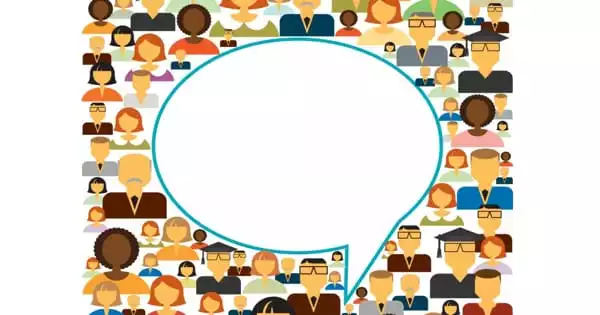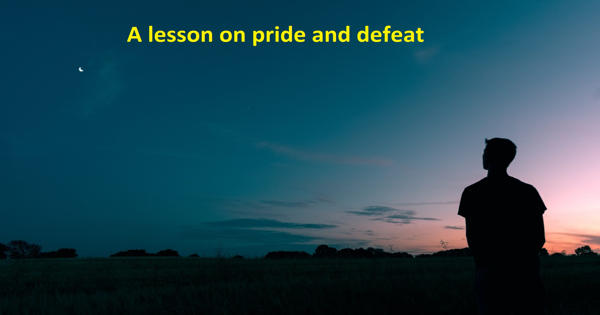Education is a contentious issue that has sparked numerous debates. One of them is about subject selection. Some believe that students should be allowed to choose their own subjects, while others believe that all subjects should be required. What we need, in my opinion, is a middle path that teaches all subjects to a certain standard while allowing for personal preference afterward.
Students should be allowed to choose which school subjects and activities they want to pursue. Many students believe that the courses they are taking in high school are unrelated to the field of study they hope to pursue at a higher level of education. It is a well-known fact that learning subjects of one’s own choice are enjoyable. In this manner, children will never find studying to be a difficult task, and they may even begin to enjoy examinations as an opportunity to demonstrate their ability in something they know and enjoy.
Choice has become the rallying cry of a generation raised on the anthems of democracy and liberty. As a result, the common perception today is that in order for an individual to truly become a whole person, he must be allowed to develop his potential and interests in all areas. Is this, however, a choice that should be encouraged in the realm of school education?
Choice in school subjects and activities is beneficial because it allows students to discover and develop personal interests and strengths. Allowing students to choose their areas of interest in education systems such as those in Asia, which have been criticized for producing students solely to fill economic gaps, can plant the seeds for a more diverse and vibrant society where different abilities are encouraged. Instead of being forced to conform to a prescriptive education, this will provide each individual with the sense of esteem that comes from having his or her abilities and interests recognized.
Furthermore, allowing students to specialize in a few subjects or activities can foster depth rather than breadth of knowledge. As a result, rather than having a broad knowledge of a variety of subjects, students will be masters in their chosen fields of study or activities. A student of the latter kind may end up knowing “an infinite amount of nothing.” A student who has to choose his subjects and activities is forced to go through the process of carefully researching each option and assessing his own needs and interests. As a result, he must learn to make informed decisions as well as accept responsibility for his choices, whether flawed or not. This is something that every child has to learn if he is to be a success in his own right.
A broad-based education with a foundation in a diverse range of subjects, on the other hand, may not be a bad thing. After all, it ensures that each child gets a taste of each subject, allowing him to fully comprehend his own abilities. If he has no real understanding of each subject, he may form an opinion about each based solely on peer influence or hearsay. This is not at all healthy. Furthermore, if he only studies a few subjects or engages in a few activities, he may be unable to deal with real-world problems and challenges, which are frequently interdisciplinary and multifaceted.
Allowing a personal choice from the start, on the other hand, will have negative consequences. Survival necessitates a basic understanding of all subjects. For example, it is impossible to live in modern society without knowledge of subjects such as mathematics and politics. As a result, some argue that for a layperson, broad knowledge is more useful than deep knowledge.
Subjects that are mandatory in the early stages of education also allow the child to discover his true abilities. Activities that are required of all students expose them to a broader range of experiences that will enrich them. Choices in both areas should be made available to them in their later school years, as they will be able to choose wisely by then.
As a result, it is not a case of either making all school subjects and activities mandatory or leaving everything to the students’ discretion. The school should commit to exposing students to a wide range of subjects and experiences by exposing them to the full range of school life before allowing them to specialize later on when they are more mature. This will ensure that their education is well-balanced.
















